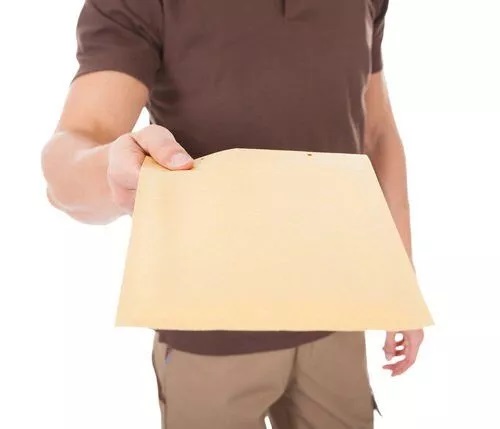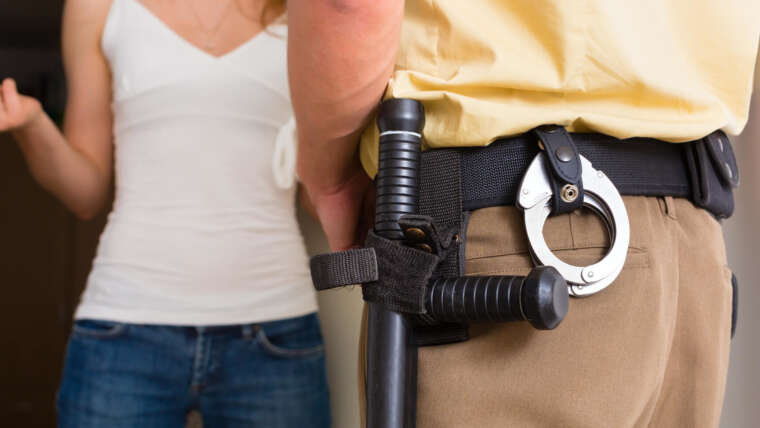You confirmed your name to a stranger who then gave you a piece of paper with a somewhat familiar word written at the top of the page: subpoena. You’ve been served. What does this paper mean and what are you supposed to do?
What is a subpoena?
In the context of a criminal cases, a subpoena is a court order that compels someone to give evidence at a court proceeding. Subpoenas are not limited to trials. You can be subpoenaed to give evidence at a preliminary inquiry, a pre-trial motion, a trial, or a sentencing hearing. Subpoenas are also not limited to testimony. Subpoenas can also require a witness to bring records in their possession or control to court.
A subpoena is issued by a judge or justice of the peace following an application by the Crown attorney or defence counsel. These applications do not happen in open court rather they are commonly done “over the counter.” In many jurisdictions this means that a lawyer goes to the justice of the peace office or judge’s chambers with an unsigned copy of the subpoena and sits with whichever justice of the peace or judge is available. The lawyer presents the subpoena to the justice of the peace or judge and gives brief explanation to the justice of the peace or judge about why the witness has relevant evidence to give. If the justice of the peace or judge is satisfied that the witness is likely to give relevant evidence to a material issue in the proceeding, the justice of the peace or judge will sign the subpoena thereby “issuing” it and return it to the lawyer. It is then the lawyer’s job to “serve” the subpoena on the witness.
If you are served with a subpoena ordering you to go to court to give a testimony, you must attend at the date, time and location indicated, and must not leave until you are directed to by the presiding judge. There is no guarantee that a subpoenaed witness will actually be called to give evidence, let alone called on the date written on the subpoena. A subpoenaed witness who comes to court but is not called to give evidence may be “bound over” by the judge. This means the judge tells the witness when they should return. This may be the very next day, or it may be some later time. Delays in trials are not uncommon, but you must continue to attend court until you have testified or until you are told your evidence is no longer required and are “released” from your subpoena.
If you are served with a subpoena ordering you to give documents or other materials, you must comply with the request. That said, in some circumstances you can avoid attending at court by providing the records to the party who subpoenaed you. Where this is the case, this will usually be stated on the subpoena itself.
What happens if someone doesn’t go to court or doesn’t give the evidence asked for?
Complying with a subpoena is imperative because failure to do so may lead to serious consequences.
Subpoena is a Latin word which translates to “under punishment”. Subpoenas are a demand, not a request, that a person give evidence. If someone is served with a subpoena but does not attend court, the judge can issue a material witness warrant for the arrest of the witness. Although it is unusual, a witness can even be held in custody until their evidence is required.
Another possible and even more serious consequence is that you may be charged with the offence of contempt of court (s. 708(1) of the Criminal Code of Canada). A criminal record may result if you are convicted of this offence, and you may also be sanctioned to pay a fine and/or serve a custodial (jail) sentence not exceeding 90 days.
It is also important to note that you cannot avoid providing evidence by evading service of a subpoena; evasion can also lead to an arrest warrant being issued against you or you being charged with contempt of court.
Can I challenge a subpoena?
A subpoena can be challenged and quashed (i.e. overturned). The party wanting to quash a subpoena must submit an application to the court explaining why they are taking such a position. Among other reasons, the court may quash a subpoena if the party wanting to maintain it is unable to show that the witness would likely have material evidence.
If you have been served with a subpoena and require legal advice, contact our knowledgeable criminal defence lawyers today.



